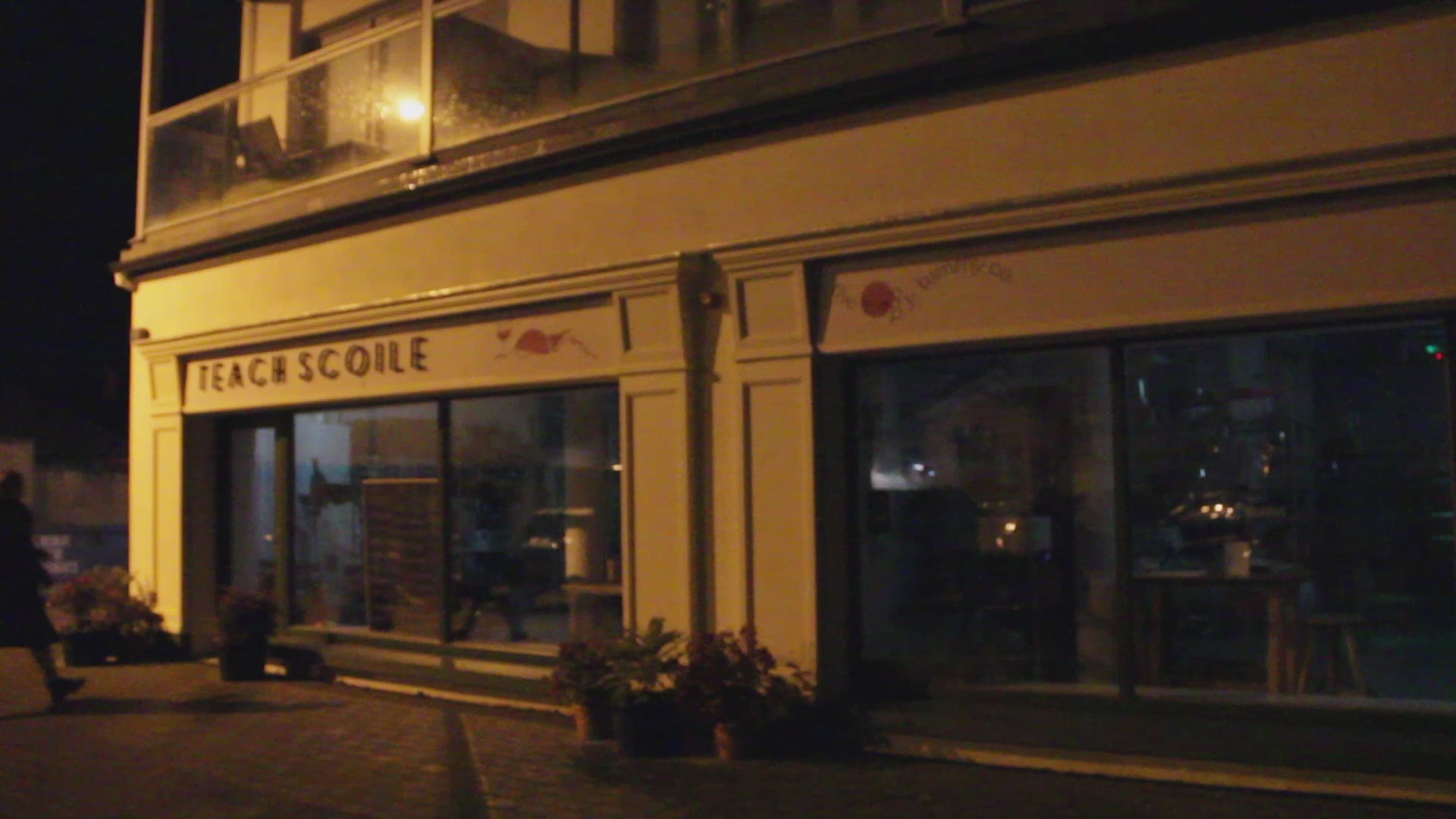Porridge for IBS
Hello. I meet many people with IBS constipation or diarrhoea who eat porridge for breakfast every morning but could be making it much better to suit their symptoms.
Firstly, it is imperative you soak your porridge the night before eating it. Secondly, you must get the balance right between insoluble to soluble fibre to ensure better bowel health.
If you suffer with the diarrhoea kind, soluble fibre is your mate. If like me, you suffer with the constipation kind, insoluble fibre is your pal.
This recipe is good for both and for those who swing from diarrhoea to constipation. Dependant on your symptoms, you can adapt the basic recipe over time. You might want to increase the weight of the oats if you’re still experiencing diarrhoea. You might want to increase the weight of the teff if you’re still experiencing constipation. Or, you can add flax, chia, barley, rye or buckwheat into the recipe too to increase diversity in the diet.
Oats and teff combined are a powerful combination but you only reap their benefits through putting them through the process of soaking. And I don’t recommend anyone eats a 100% oat based porridge - the reason for that is explained below.
For one portion you will need :
- 47g oats
- 53g teff
- 200g raw milk or any milk you prefer
Get these ingredients into a pot and leave covered with a lid on the hob ready to be cooked the following morning.
The next day add 130g of water, a pinch of salt and stir on a medium heat for 6 minutes. 8 max.
To your porridge you can add both sweet and savoury toppings but my preference is the following so that I get a good hit of protein and iodine too.
- 1 fried egg
- A couple teaspoons of dried seaweed
- A good crack of black pepper
- Freshly ground cardamom
- A drizzle of maple syrup
Spices are really important throughout the colder and damp months of year for warming the body up.
75% of females in Ireland are deficient in iodine and so seaweed helps you to hack that back into your diet. Iodine is essential for the thyroid.
If you don’t manage to cook this recipe the next morning, simply place the pot in the fridge and cook a day later or turn it into a bircher muesli.
It’s always best to pair good sources of protein with your porridge rather than a high portion of sweet things.
A sprinkle of seeds and nuts as long as they’ve been soaked and activated too can be of great benefit but it’s not necessary. Getting the basics right first of simply soaking and pairing with a protein is the most important step.
The science behind soaking explained.
Whole grains contain an anti-nutrient called phytic acid which binds with certain minerals (e.g. zinc, phosphorous, calcium and iron) and prevents them from being absorbed by the body. Phytic acid is also very hard on the digestive system. Most of the phytic acid is contained in the exterior bran and germ layers of the grain where these important minerals and vitamins also hang out.
It is so important to reduce phytic acid (phytates) in your diet when managing IBS in particular.
Phytic acid is an anti-nutrient found in grains and legumes which binds important minerals preventing your body from fully absorbing them. Consumption of high levels of phytates:
• results in mineral deficiencies, leading to poor bone health and tooth decay
• blocks absorption of zinc, iron, phosphorous and magnesium
• causes body to leech calcium
• lowers metabolism
• contributes to anemia
Phytase is a natural enzyme that is present in varying degrees within grains, seeds and nuts. This helpful enzyme, when properly activated, works to break down the phytic acid (phytates), and also helps to release beneficial nutrients, making them more bioavailable (more easily digested).
Oats contain a large amount of hard-to-digest phytates and other anti-nutrients. Oats are so low in phytase (the enzyme that helps to break down phytates), that soaking them in warm water mixed with an acid medium is not enough to adequately break down the large amount of anti-nutrients that naturally occur.
However, with the help of some additional phytase added to the soak (in the form of teff, barley, buckwheat or rye which are high in phytase) – along with a full 24-hour soak time – a fairly decent amount of the anti-nutrients can be removed, making the oats more digestible and nutritionally sound.
You can help mitigate phytic acid in your diet with complimentary foods rich in vitamin C, vitamin D and calcium. In fact, the absorbable calcium from raw dairy and bone broths, as well as vitamin D from certain animal fats can help to reduce the adverse effects of phytic acid. And so preparing this porridge in raw milk will unlock more nourishment from this meal. Teff is the only grain to contain vitamin C complimenting the process further. Enjoying a freshly peeled orange before the meal will also reap huge benefits.
It is important to note that not all grains contain enough phytase to eliminate phytic acid even when soaked, such as oats and corn. However, wheat flours (such as whole wheat, spelt, emmer, einkorn and kamut) and rye flour contain high levels of phytase. Therefore, adding a small amount of rye flour (or rolled rye flakes) to your oat or corn soak will help to reduce the high levels of phytic acid found in these grains. This is just one reason it’s so important to focus on diversity in the diet and stay away from single use wholegrain.
Bottom line is that if you love porridge but your IBS is being exacerbated by it, chances are that this new routine is going to be a massive new tool in your daily management of this condition.

